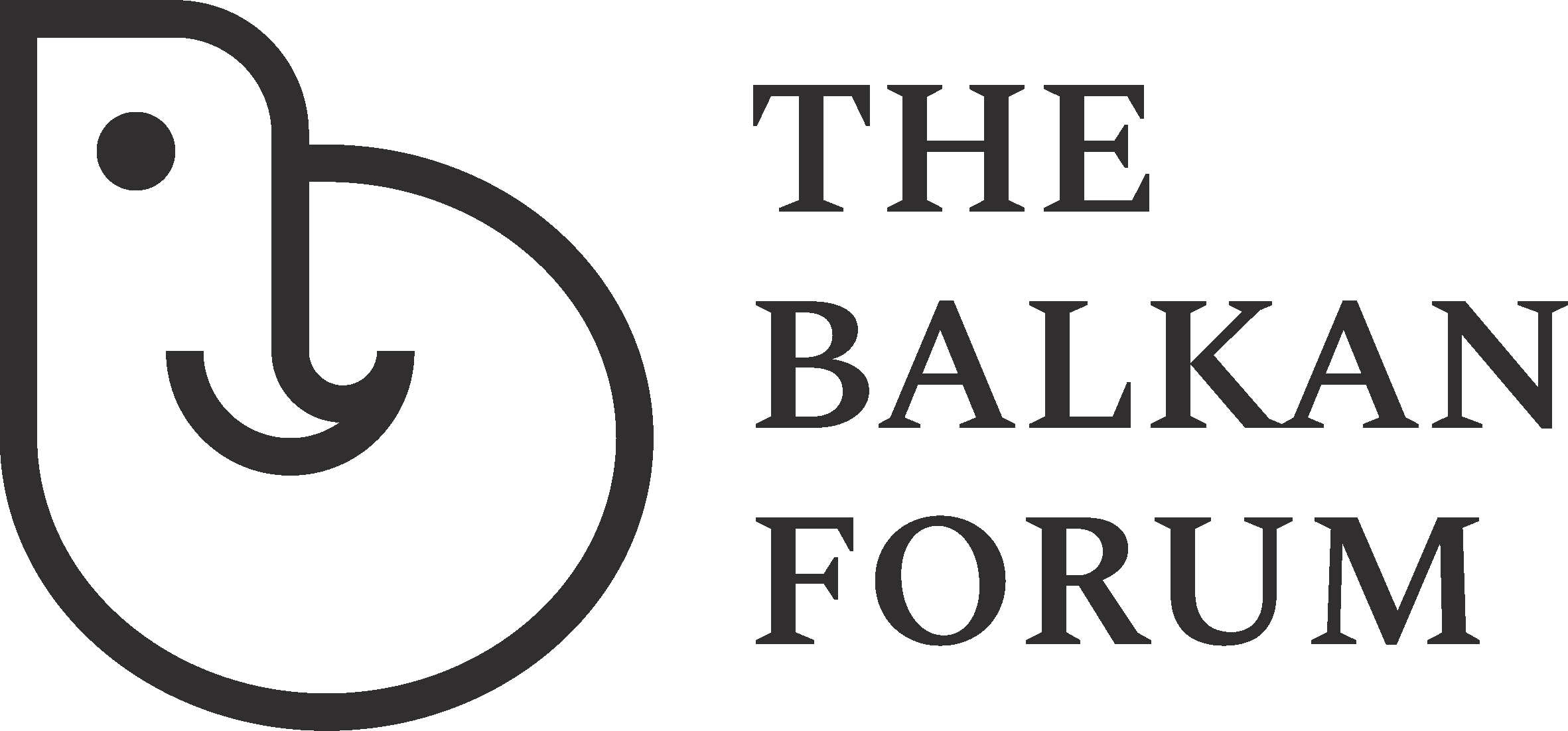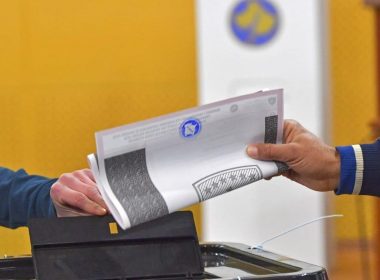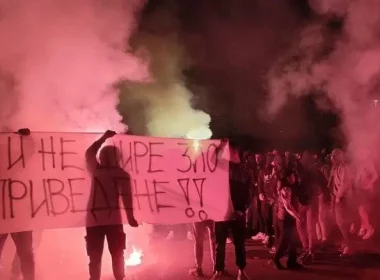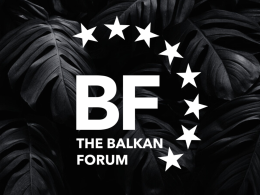The key issue in my opinion is that some EU MS policymakers tend to be supportive of the WB6 EU integration not because of the core values of this Union but instead precisely to credibilize and find peers to their undemocratic and illiberal policies.
The radical right movements are a cross-border threat putting our societies’ foundations to the test. Slowly but undeniably so far, we cannot deny a dreadful reality. Being supportive of far-right ideologies tends to be less and less controversial but rather mainstream to some extent and depending on each precise context. Acknowledging this existing trend does not mean accepting it, but rather striving to act responsively to be part of the solution.
Eventually, the key issue in my opinion is that some EU MS policymakers tend to be supportive of the WB6 EU integration not because of the core values of this Union but instead precisely to credibilize and find peers to their undemocratic and illiberal policies.
Let us have a brief look at the Hungarian case, to how it impacts the Western Balkan region. The policies and leadership conducted by Viktor Orban are part of a very worrying ongoing dynamic for the Rule of Law, Human Rights, and Freedom of Expression (echoing the various current state of affairs in Poland and until the last elections in Slovenia). This creates a governance model clearly contradicting the EU core principles. Should more countries join this illiberal club, eventually there is the risk to turn the EU into a giant with feet of clay in terms of living up to its founding principles. My point is that there should be not a once of room left for ambiguity regarding the conditionality of EU benefits (including financial ones), meaning genuinely and thoroughly implementing Human Rights, Freedom of Expression, and Rule of Law. Otherwise, it will create a precedent for possible similar abuses from a segment of aspiring countries to step into the breach once they will have made it into the EU.
Also, and directly related to Balkan issues, Viktor Orban and his Minister of Foreign Affairs paid a visit to Mr. Milorad Dodik in the scope of his unlawful secession process of the Republika Srpska from the Federation of Bosnia and Herzegovina. This goes against all the EU principles and damages its credibility. Also, a map of the ethnic composition of Bosnia and Herzegovina was photographed on the wall of Mr. Orban’s office (or one of his close colleagues). At the early 2022 Republika Srpska official celebration, among the audience were several MPs and MEPs affiliated with the French National rally, a very dangerous movement with an endless track record of divisive policy proposals that dishonor this EU founding Member State. Also present were the Russian Ambassador in Bosnia and Herzegovina along with a Chinese official. As History is very worryingly and riskily stuttering in this country, all the above-mentioned moves are as many serious mistakes.
Then, disrespects for EU functioning principles is a key subject. I refer for instance to the proximity of Viktor Orban with Olivér Várhelyi, a Hungarian lawyer and diplomat, and European Commissioner for Neighborhood and Enlargement. This brings into the spotlight a European Union fragile in terms of effectively implementing its work ethics. Let us hope that rather sooner than later, a strong solution will answer this severe misconduct.
To think positively, this set of negative developments throughout Europe is not irreversible. The outcomes of the recent elections in France and Slovenia are signs of hope while reminding the necessity of remaining aware that the sword of Damocles is still there. We cannot turn a blind to the fact that in various countries, far-right movements are getting increasingly installed in the political landscape as well as in the societies. So, let us strive together to be part of a virtuous alternative to this sterile rhetoric.
Jules Striffler
for VICINITY CHRONICLES












